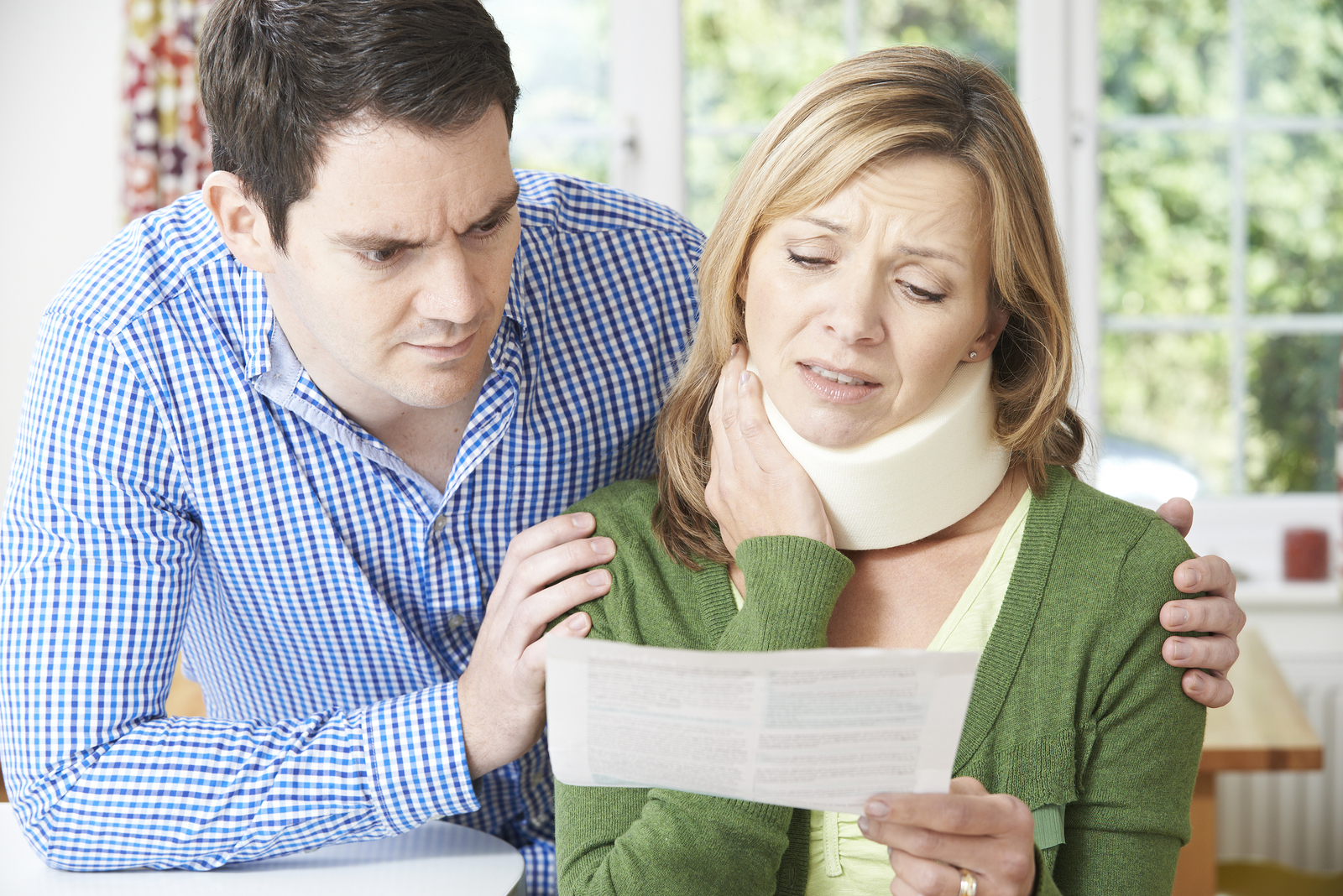Whiplash is a condition that occurs when the neck is suddenly and forcefully jerked in one direction and then in another. This type of injury is most commonly associated with car accidents, but it can also occur during sports, falls, or other types of accidents. The symptoms of whiplash can range from mild to severe, and the treatment options will vary depending on the severity of the injury.
Symptoms of Whiplash
The most common symptoms of whiplash include neck pain, stiffness, and headaches. These symptoms may appear immediately after the injury or they may not appear until several days later. In some cases, the symptoms may not appear until several weeks after the accident. Other symptoms of whiplash can include fatigue, dizziness, blurred vision, tinnitus (ringing in the ears), and difficulty sleeping.
Treatment for Whiplash
The pain and stiffness associated with whiplash can be treated with over-the-counter pain medications such as ibuprofen or acetaminophen. If the pain is severe or does not respond to over-the-counter medications, a doctor may prescribe stronger pain medications or muscle relaxants. In addition to pain medication, physical therapy is often recommended to help alleviate symptoms of whiplash. Physical therapy can help to improve range of motion and strength in the neck, which can help to reduce pain and stiffness.
Another important aspect of treating whiplash is to rest the neck as much as possible. This means avoiding activities that put stress on the neck, such as carrying heavy loads or engaging in high-impact sports. It is also important to avoid sleeping on your stomach, as this can put extra stress on the neck and exacerbate symptoms of whiplash.
In some cases, a neck brace may be recommended to help stabilize the neck and reduce pain. A neck brace can be worn for a few days or a few weeks, depending on the severity of the injury. In some cases, a neck brace may be worn for several months.
If the symptoms of whiplash do not improve with rest, physical therapy, and medication, a doctor may recommend further treatment options such as corticosteroid injections or surgery. Corticosteroid injections can help to reduce inflammation and pain, while surgery may be necessary if there is a more severe injury such as a herniated disc or a fracture.
In addition to traditional medical treatment options, there are also alternative therapies that can be used to alleviate the symptoms of whiplash. These therapies include acupuncture, massage therapy, and chiropractic care. Acupuncture can help to reduce pain and inflammation, while massage therapy can help to improve range of motion and reduce stiffness. Chiropractic care can also be beneficial for whiplash, as it can help to realign the spine and reduce pain.
Overall, the treatment options for whiplash will depend on the severity of the injury and the specific symptoms experienced by the patient. It is important to consult a doctor if you suspect you have whiplash, as early treatment can help to alleviate symptoms and prevent long-term complications. In most cases, rest, physical therapy, and medication are sufficient to treat whiplash, but in more severe cases, additional treatment options may be necessary.
Whiplash is a common injury that can occur after a car accident, sports injury, or other type of trauma. The symptoms of whiplash can range from mild to severe, and may include neck pain, stiffness, headaches, and difficulty sleeping. Treatment options for whiplash include over-the-counter pain medications, physical therapy, rest, and a neck brace. In some cases, corticosteroid injections or surgery may be necessary. Alternative therapies such as acupuncture, massage therapy, and chiropractic.

 Home
Home Health
Health Diet & Nutrition
Diet & Nutrition Living Well
Living Well More
More












